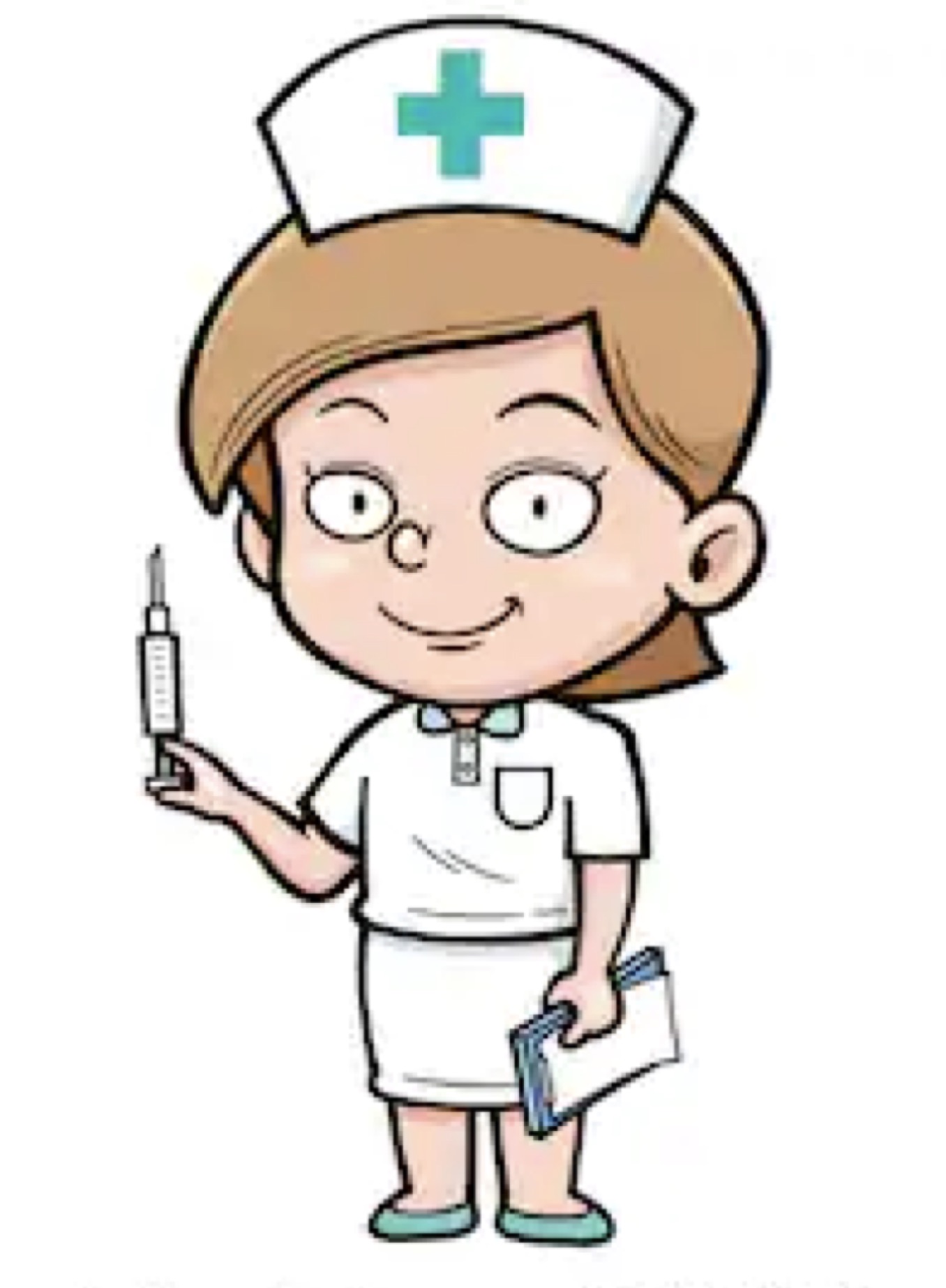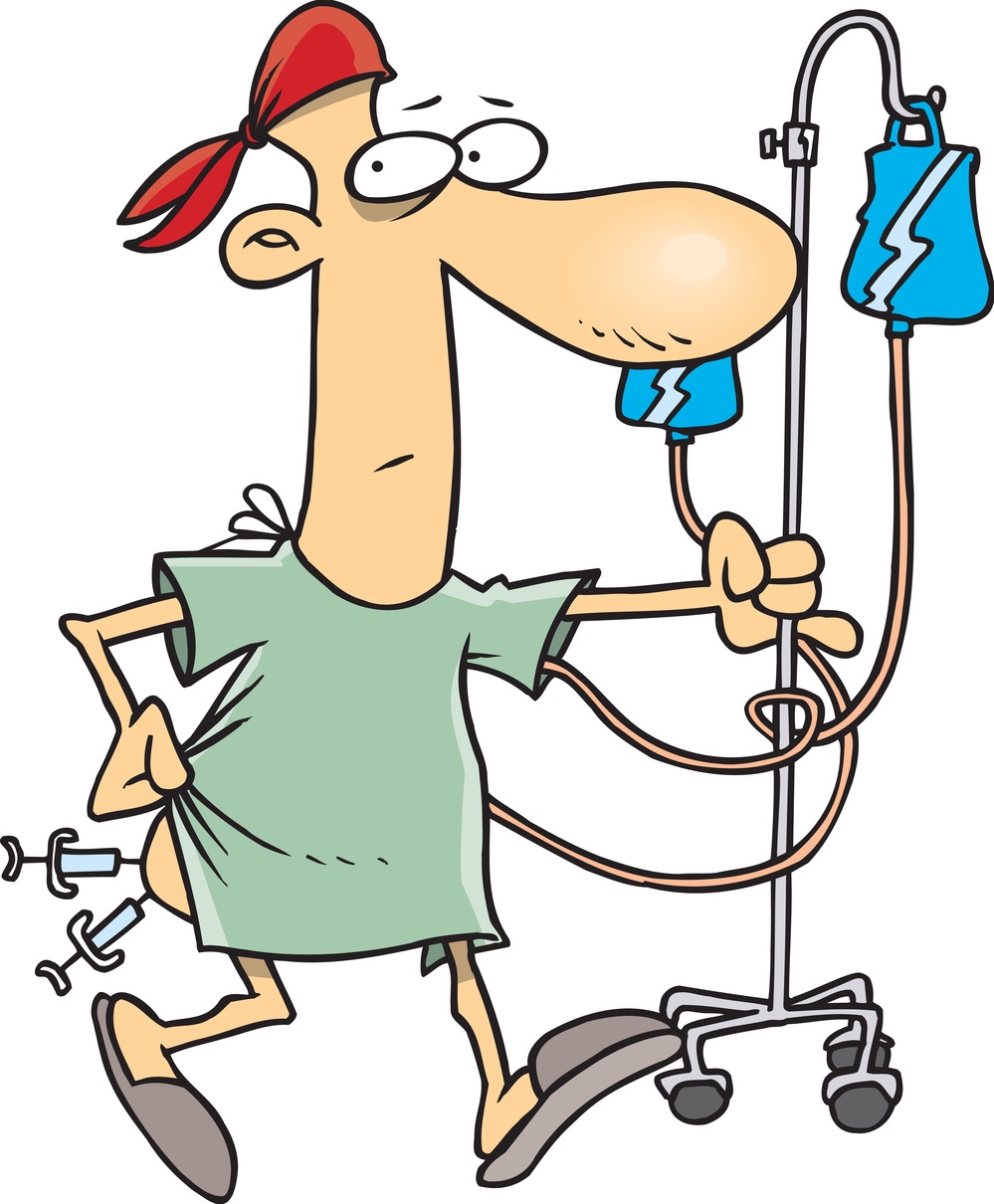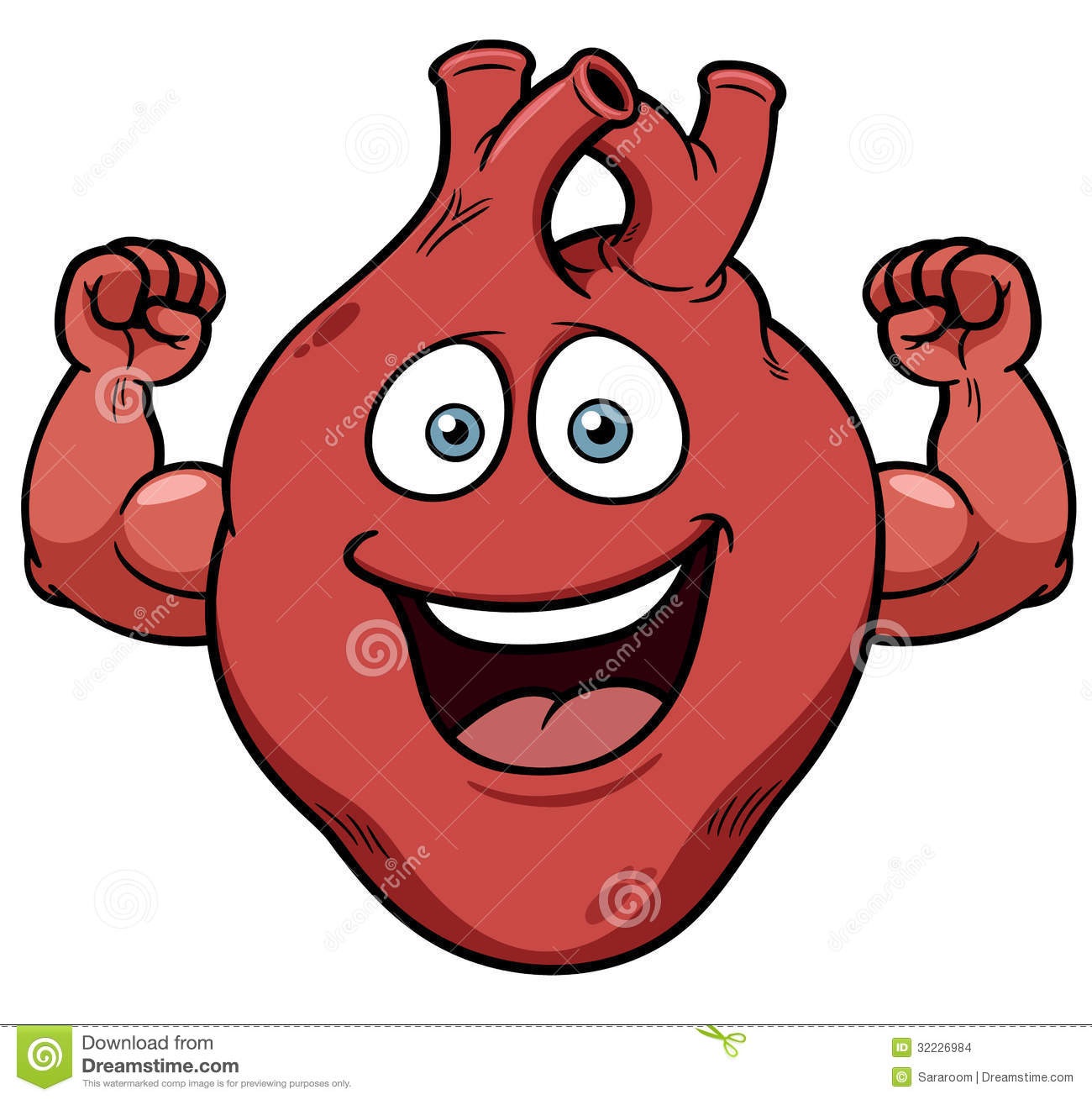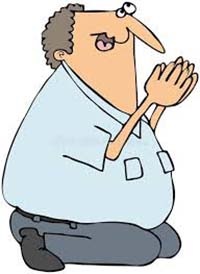
Making the Wait for a Donor Heart Bearable by Steve Suto tells the story of waiting six months in the hospital for a heart transplant. He talks about how support from staff, family, friends, and fellow transplant candidates helped him stay strong and make it to the big day. If you have suffered setbacks you will appreciate this even if you are not a transplant candidate. Here are the links to part 1 Reflections of a Heart Transplant Survivor and part 2 How to Qualify for a Heart Transplant.
Making Your Grateful List and Checking It Twice
Here is a checklist of what I was grateful for when I started my wait in the hospital for my donor heart. If you or a loved one are waiting I hope your list is at least this long.
First: I had a strong support group. (Thanks for your part Dr. Doug.)
Second: I had great insurance.
Third: I had the best hospital, or at least I thought it was the best.
Fourth: My wife Carol had a local bed that was actually cheaper than commuting 90 miles one way and paying for tolls and parking.
Fifth: I have faith in the United Network of Organ Sharing (UNOS). Nationally, UNOS prioritizes and objectively allocates donated organs by need and wait time.
Sixth: I’m sociable and I would try to encourage and support the others like me who were waiting for a donor.
Seventh: Carol kept her infectious sense of humor and knew where it was needed.
In my life, I’m sure I’ve spent over eight months in different hospitals for various procedures; which includes the six and a half months I waited for and my subsequent recovery from my heart transplant. Before this I had two hip replacements, with one hip restructure follow up, arthroscopic knee and elbow surgery, reattachment of an Achilles tendon, hernia surgery, and two pacemakers installed and removed. I also had various overnight and day procedures, heart tests, and an overnight observation from a reaction to an allergy shot. Also, after recovering in hospitals, I spent even more recovery time in nursing homes.
Room Service
My best advice from all of this experience is that there is no greater luxury nor substitute for a private hospital room. I also learned that nurses are in the nursing profession for the right reasons. In the case of the University of Rochester (U of R), their nursing staff had a number of people who chose nursing after careers as doctors, news editors, police officers, shop foremen, nurse assistants, and more.

The most profound thing any nurse told me was that their job was to help me to get my life back. Additionally, they are giving a gift with no other conditions except that you return to the life you led. This attitude has done more than I can say when it comes to any survivor’s guilt when you overthink the reality that you know someone must die for you to live on. Going on with your own life fulfills your part in this deal.
If you are thinking about becoming an organ donor (Visit DMY.org to sign up.) I can not overemphasize that you need to make your wishes known to your family. Even though you have made known your intention of being an organ donor, your family can still object and override your intentions. Please make it clear to your family and your doctors you want to be an organ donor. In my previous references to my gratitude for donors, I also expressed my gratitude to the donor families. I hope that I am doing this one more time here.
After waiting in the hospital for over a month I started to figure some things out. We had options of private and double-occupancy rooms. If you had a private room for your wait, you could lose it if another heart patient had a greater need for the room. The term semi-private is a misnomer when your roommate is waiting for or recovering from an LVad (Left Ventricle Assist Device) because you are on such different schedules and treatments and you will constantly be disturbing each other.
After I had about a dozen roommates getting LVADs I started to forget names. I made an agreement with another patient who was also waiting for his donor that we would be roommates until one of us had a new heart. That way our treatments and schedules were not conflicting or disturbing each other.
Being social, one of the first questions your fellow patient’s ask each other is their blood type. Whether a donor’s heart is acceptable to you depends on your blood type. Positive or negative’s not a factor. Type O blood can only receive type O organs but everyone else can accept a type O organ. A accepts A and O, B accepts B and O, and AB accepts any A, B, AB, or O blood types. Therefore, type O patients generally have longer waits.

The Pole People
Those of us who were waiting for transplants were known as “The Pole People”. We were mobile, although restricted to the transplant floor area. We needed to be constantly monitored by various machines, and we needed to have our medication intravenous injection pumps hooked up and mounted on poles with wheels. Everyone had their permanent and seasonal decorations for their poles. No matter how good I thought I was getting at moving with my pole, my big toe kept getting in the way when I tried to move fast.
If a nurse asks you if you need one of these machines on your pole not hooked up and you are not using it; do not fake pain when they disconnect the machine. One particular nurse was a former police officer and told me about a perfect crime where disappearing ink disappears at room temperature and most patients can’t tell if Do Not Resuscitate (DNR) is stenciled on their forehead in disappearing ink. I was scared straight. I’m assuming justifiable homicide is still on the books.
The transplant ward had a waiting room with a Macintosh computer, exercycle, and a treadmill. Someone lost the treadmill key but I knew a magnetic hook would work in its place so I walked every day on the treadmill and watched old TV programs on Youtube. I could walk a mile in less time than a Muppet Show episode took. I was also walking without having to push that *#@!pole. My hands could swing freely and my big toe could relax for a while. We also had the areas on the floor where we could move around in measured distances for putting in measured milage. Former marathoners like my friend Fred put in more miles than I did.
The computer introduced me to Youtube music videos. Youtube is the closest thing I know of to a time machine. When you get on Youtube, all of a sudden it’s two hours into the future. Through following my curiosities I found out that the closest thing to my record collection is covered pretty much by Outlaw Country. Getting back to the Grateful Dead, I followed the continuing efforts of their former singer Joan Osborne (2003 tour) and found her singing with The Funk Brothers, (Motown’s house band) on a revival of the temptation’s “What Becomes of The Broken Hearted.” I had now found my go-to emotional support song for my unsure future waiting for a donor.
Everyone Needs a Support Group
As a mutual support group, a core of six of us “A” candidates started planned nights where we would get together and watch movie DVDs or play board games. Fred, who had type O blood and knew he was in this for a long wait, acquired a large locking cabinet and stocked it with donated books for our floor’s patients and persuaded the local library outreach to give a library card to those of us who were waiting. Fred’s father was a minister and he and his wife were teachers. They even held book discussions and recommended so many great novels and stories of people who endured hardships and survived like “Unbroken” and “The Book Thief.” Fred became a heart transplant candidate after the side effects of his cancer treatment ruined his heart. Today he’s doing well and doing some limited running.
Carol, who was now a retired teacher, had a friend and co-teacher who helped start me on reading. This teacher might not know how great the gift of a book snowballed. I did not know I was going to learn to like reading as my newest passion. In the past, Carol helped me overcome my learning problems and I went from a C undergrad science-education student to an A-minus student in Accounting. In the past, I took and passed college courses without buying the books because I had problems reading them. Before this hospital wait, there is no way I would have predicted I would read over 50 books while waiting.
We had heart transplant survivors (who lived close enough to the hospital) who would stop by and help us with favors and emotional support. One of these guys was a former professional hockey player who brought a stethoscope when he met the family of his donor. I wasn’t surprised to see him on the Donate Life Float in The Tournament of Roses Parade. Another one of these good people told a story about how he told his wife that if he got his heart he would give his wife anything she wanted. He gave her a puppy. Carol heard this and said, “I want a pony with about 300 of them under the hood of my Mustang convertible.” Incidentally, I was good to my word. It will finally be paid for by this October.

The Dry Run and Bigger Setbacks
One of the disappointing emotional setbacks we all faced was called a dry run. This is when UNOS tells the hospital they found a match for a patient, the hospital sends a representative to inspect, stop, and restart the donor heart, and ultimately transport this donor heart back to the hospital. You are being prepped for the operation when the hospital representative is away vetting this donor organ. Any time during your prep, you might find out that this potential donor organ did not pass inspection. I was one of many who endured a dry run. A nurse told me not to despair as they will just find me a better heart.
On November 24th, 2013 another potential donor’s heart was located. A Nurse Practitioner told Carol she was returning on the hospital’s Lear Jet in two hours with this better heart. The Chinese born anesthesiologist knew the words to Pink Floyd’s “comfortably numb” as we sang together before I went to sleep. The nurses who took offense to my pole decorations, (the Pole Dancers I cut out of the Target underwear adds) had this pole cleaned off before I was out for the count.
I was luckier than so many of those who waited with me. Some of us had their ICD’s defib them with a painful shock keeping their hearts beating long enough to finally get their new heart. Some had to wait more than the six months I waited. Some were hooked up to a mechanical heart about the size of a shopping cart and some of these patients were never were matched to a donor. Some picked up infections that disqualified them so a donor organ went to someone else. Some waited and never were matched to a donor. I’m not equipped to handle this kind of heartache yet when I visit the transplant ward I see so many mutually happy and familiar faces still working there. Some of these faces were the faces of pallbearers in funeral processions of those who did not get their hearts or people who died of unforeseen complications post-op.
Life Isn’t Fair, But You Already Knew That
Before I started my wait you could have quoted me more than once when I said “if life was fair; I’d be shorter, poorer, and have had fewer opportunities for an education.” In bad times I have learned to count my blessings. Hospital food is never a profit center. The food service staff may exaggerate. Do not take their food quality, choices, or nutritional info seriously or personally. People do their best with the resources they have. Appreciate and enjoy the efforts of the good people who work hard in real restaurants. I offer a special thank you to the nurses who purchased refrigerators with their own money for each of the patients waiting for their donor organs. Leftovers from home trump hospital food every day except Tuesday, which every week featured a prime rib dinner. It was more of a bummer when you had a dry run on a Tuesday.
I offer one more special thank you to the nurse who went to Wegman’s and purchased my annual tradition of White Roses for Carol on our anniversary in October. The Florist sent the wrong flowers on a Friday and could not correct this until it was too late. This nurse wouldn’t take reimbursement nor take the wrong flowers home. Also, If you’re making Christmas decorations using cut out hand patterns on green paper to make pine leaves and branches, make time allowances for surgeons who will make several models of “their hands” before their final contributions to your artsy crafts projects.
The Psychologist will see through your BS when for Halloween you dress up in a bedsheet toga as John Belluci in “Animal House” and you tell him you’re dressed up as Hypocrites. Doctors will, however, let their sense of humor show upon occasions.

No Atheists in Foxholes or Transplant Wards
Finally, there is no place for atheism in my life. I wasn’t raised Catholic but thank You Saint Rita and Saint Maryann Cope. Thank you for grace, forgiveness, and redemption. Another who showed me support during my wait was NASCAR star driver and champion, Brad Koslowski, who sent me a signed poster. I worked at one time for a sponsor of his race car.
In my own way, I had support from my deceased father through his letters from WWII when he fought in the South Pacific. They told of his wait to get back to civilization. He described hardships and loneliness like not seeing an American woman for years. Dad considered it impolite if he sent a letter that was less than three pages. Next to him, I wasn’t going through anything close to his ordeal when he might face total defeat or victory away from friends and family. Today sending a Tweet or sending a text doesn’t appeal to my sense of decency after reading these thoughtful and sometimes funny, and always personal letters.
Next Saturday in my final installment, I pick up from being sedated on the operating table and take it home.





